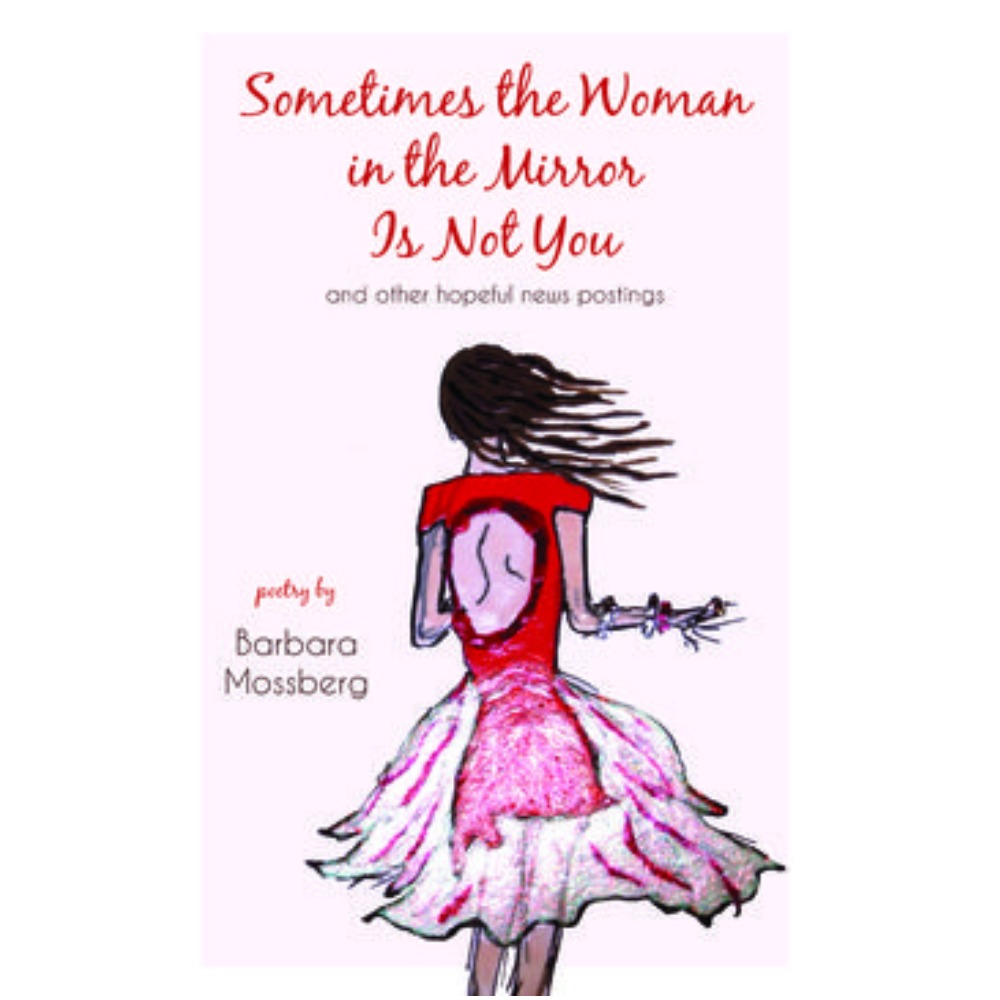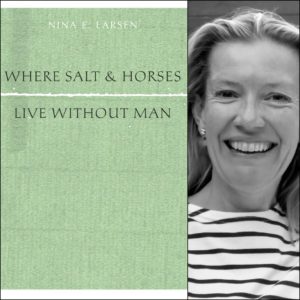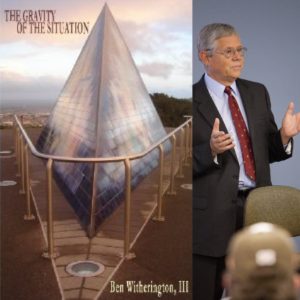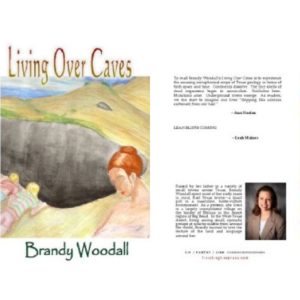The self-consciousness of ethnopoetics informs this snapshot of a woman’s life: the drawing of connections between human activity—in the words of the Poetry Foundation, “specifically, the making of poems,”—and the environment that produces the poem.
In my case, the fact that the environment, however stressed and stressing, generates poetry, is a magnetic source of gratitude. I am conscious of poetry as a kind of deus ex machina, saving the day for Miss Piggy’s moi, someone determined to invoke the possibilities in quotidian reality for an epic moxie–a glam strutting of the poetic gear in the face of gravity and other geological challenges of an old lady earthly life, a pity party almost at times feeble, ultimately repudiating all that weighs us down, however real, however bad it looks.
Here in this little book, catastrophes stir and scour an ecopoetics of the spirit, but the natural issues of life are seen here in poems that seek lift and buoyancy in the process of the poem itself.
These poems literally have got me through the moments, the dark woods, the times when I did not know what to do or even to think, when I was frightened. Often the issues seem trivial in the grand scheme of things, but the grace of poetry redeems one’s pettiness of scale. There is another word that I think defines the poems—please forgive its outrageous pretentiousness—or unspellingness–autochthonous, poems grounded in the native soil of every day news, literally—many from the Tupelo Press 30-30 Project, in which for a month a poem is posted daily, emergent from the news, the conversation, the event. The “news” could be a Section A newspaper story of a rogue camel on the loose, a mosquito bite, train horn, diagnosis of pneumonia, gift of soup, crossword puzzle (what an itch), mother in hospice, mother dying, athlete’s boasting in a sports-page interview, conversation with one’s daughter in a pancake house, sighting of doomed (or not?) cattle off a highway, NPR Car Talk, a reckless decision to attend zumba–and the message is that the poem wrought in this everyday soil has a transformational role in how we understand, and value, and see hope in, our own life—not always and not necessarily the life in the mirror.
–Barbara Mossberg
Rating: ***** [5 of 5 Stars!]






Reviews
There are no reviews yet.